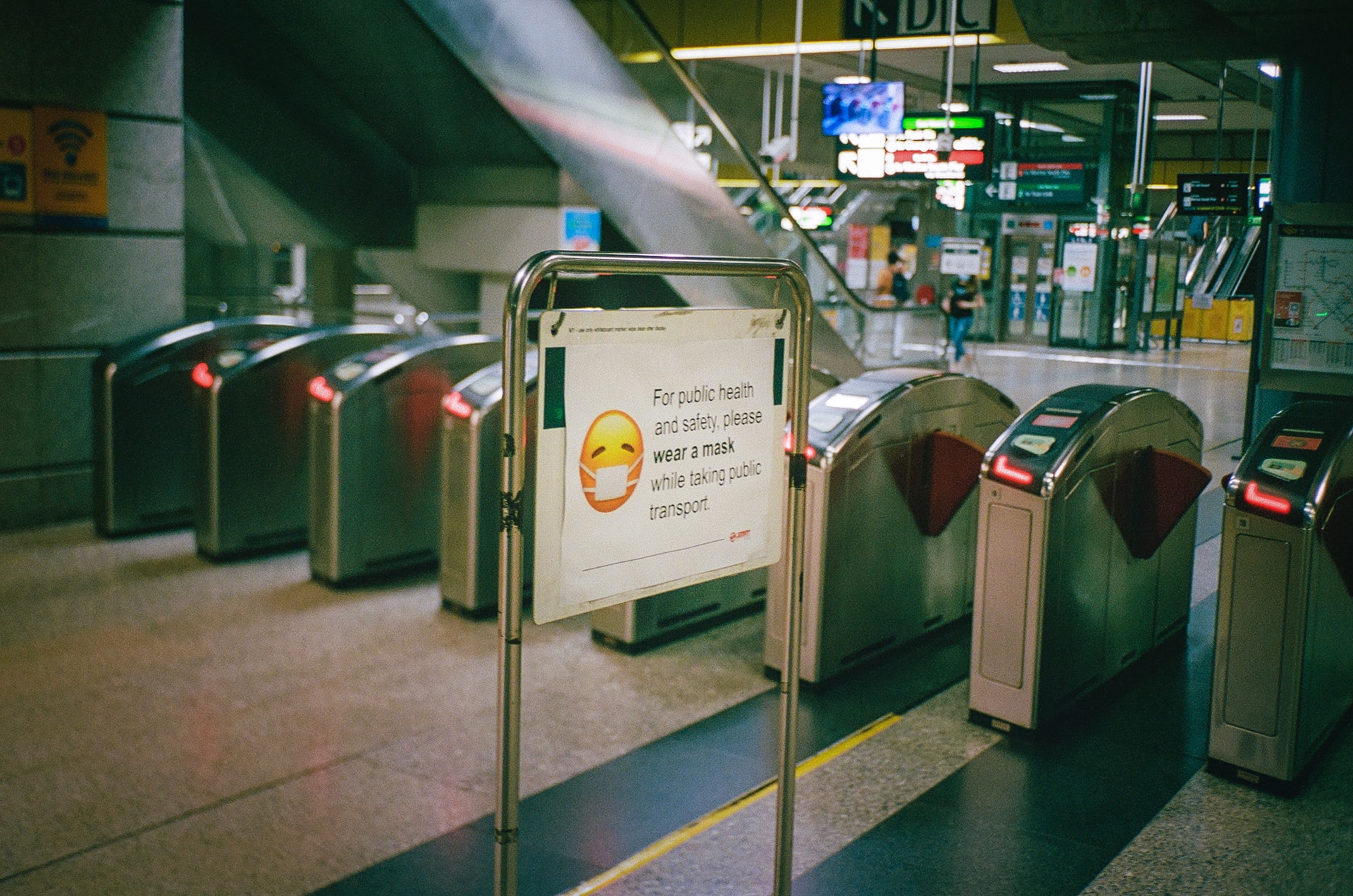Coronavirus and Public Transport. COVID-19 Pandemic and It’s Future

Coronavirus and public transport. The next wave of the COVID-19 pandemic is underway in many parts of the world. Besides hundreds of thousands of sick people and deaths, an economic crisis is very likely. Although people are trying to support businesses (e.g. restaurants), in some European countries public transport is becoming unprofitable. Lack of travel purpose and also fear about health cause that less and less people use public transport. This also results in higher ticket prices. What other problems await us in connection with the coronavirus and public transport? When will the situation return to normal?
One of the most important elements of safe travel is the social responsibility of travelers. In some countries, citizens cover their mouths and noses for cultural reasons, in others out of respect for recommendations, in others out of fear of being fined. Others, however, rebel and do not wear masks. Is it a good option to limit the capacity of communication vehicles, or would it be easier to trust mutual responsibility?
Ventilation and COVID-19
It seems very important to properly ventilate the room – including public transport vehicles. This can be difficult in winter, but with sub-zero temperatures, it may lead to people putting on masks for fear of freezing. It is worth mentioning that for a greater exchange of air, more energy is needed not only to drive fans but also more energy to heat it in winter or cool it in summer. Hence, it is very popular to use partial recirculation of air, which in the face of pandemics may be undesirable. So do we have the option to turn off recirculation in every vehicle?
CHECK: “COVID-19 – What You Need To Eat To Develop Immunity”
Coronavirus and Public Transport. The future: loud conversations as a potential source of infection
Another aspect are our conversations. When the pandemic will over, will there be a top-down ban on talking on the train/bus? Will such travel be encouraged, will it be comfortable? Or this ban-rule that will lead to the complete opposite effect? After all, if talking makes one’s time on the journey more pleasant, and the outdated trains/buses may could make noise/distortion to make it impossible to “talk quietly”, will there then be an opportunity to avoid the spread of the virus? And the most important question – is the SARS-CoV-2 virus the last pandemic on Earth? Or maybe the public transportation industry have to prepare for future pandemics? We will find out in the near future, as it may take up to two years to vaccinate the populations of European countries.
